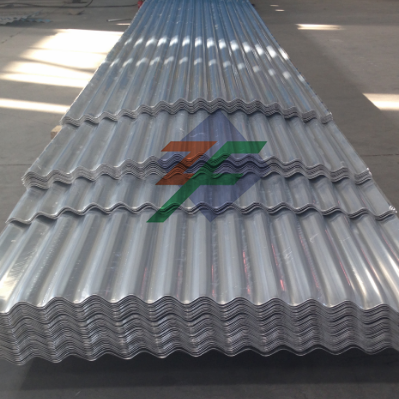
The insulated aluminum roof has emerged as a preferred roofing material for both commercial and residential applications. Its unique combination of aluminum and insulation offers numerous advantages that make it a standout choice among traditional roofing materials.
First and foremost, the insulated aluminum roof provides exceptional durability and resistance to weather conditions. Aluminum, as a material, is naturally corrosion-resistant and able to withstand the rigors of harsh climates. The insulation layer further enhances its resilience, providing additional protection against temperature fluctuations and potential damage from extreme heat or cold.
Moreover, the insulated aluminum roof offers superior thermal insulation properties. The insulation layer effectively traps heat within the building during colder months and reflects it away during hotter ones, resulting in improved energy efficiency and reduced heating and cooling costs. This feature is particularly beneficial in areas with extreme temperature swings, where maintaining a comfortable indoor temperature can be challenging.
In addition to its durability and insulation properties, the insulated aluminum roof is also known for its lightweight construction. This makes it easier to install, reducing the burden on the building's structural support system. It also allows for greater design flexibility, as it can be easily shaped and curved to fit various architectural styles and designs.
Furthermore, the insulated aluminum roof is environmentally friendly. Aluminum is a highly recyclable material, and its use in roofing helps to reduce the demand for virgin materials. Additionally, the improved energy efficiency provided by the insulation layer contributes to reducing the overall carbon footprint of the building.
In summary, the insulated aluminum roof offers a comprehensive solution for roofing needs, combining durability, insulation, lightweight construction, design flexibility, and environmental friendliness. Its unique advantages make it a cost-effective and sustainable choice for both commercial and residential projects.




